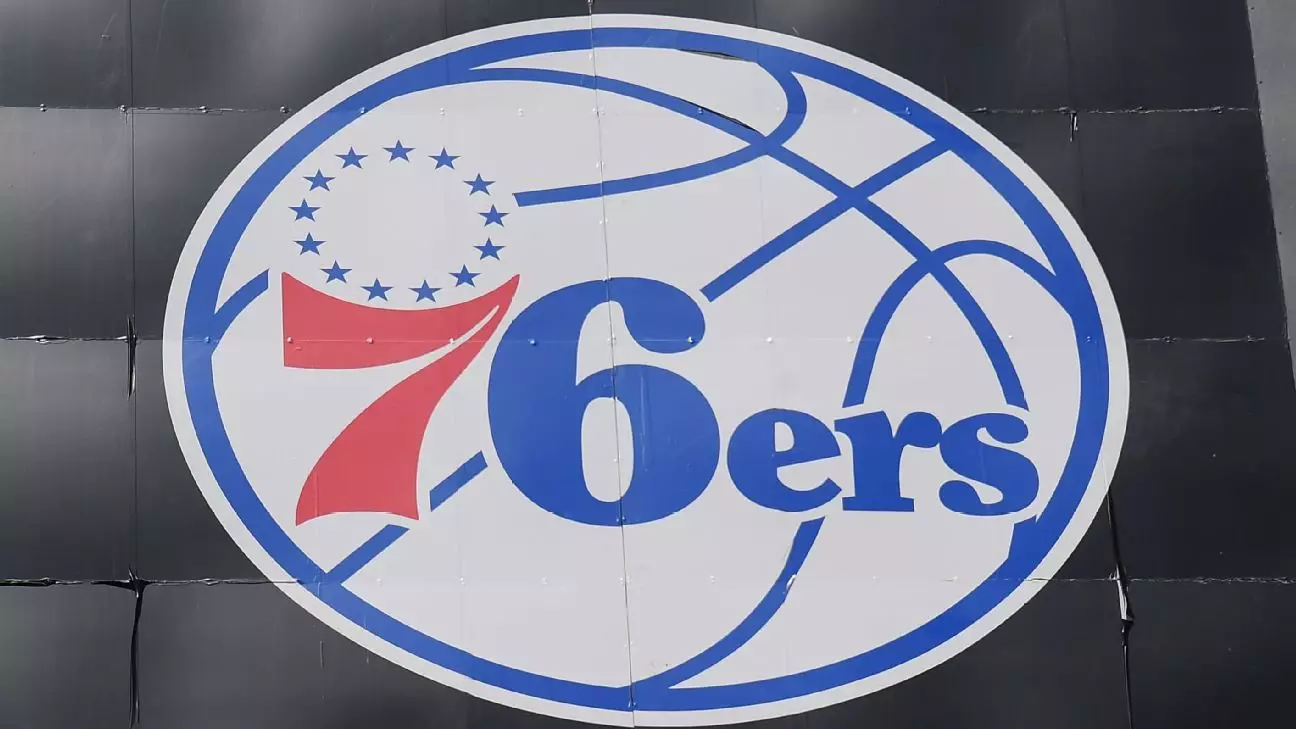In a surprising twist of events, the Philadelphia 76ers have opted not to pursue a $1.3 billion arena project in downtown Philadelphia, a decision that has left many stakeholders in a state of shock. This comes on the heels of the City Council granting approval for the contentious project just weeks prior. According to reports from the Philadelphia Inquirer, several council members have acknowledged that the team’s plans have changed. Instead of moving to a new locale, the 76ers have negotiated an agreement with Comcast Spectacor to remain within the city’s sports stadium district, although specifics of this new arrangement remain undisclosed.
The abrupt nature of this decision raises questions about the strategy employed by the 76ers’ ownership group and their perceived relationship with the city’s government and its residents.
The announcement sparked a mixed array of reactions from city officials and community members alike. Several council members who opposed the downtown proposal have expressed satisfaction at the decision to keep the 76ers within the stadium district. Council members Jamie Gauthier and Rue Landau conveyed their relief while simultaneously criticizing the franchise for their lack of transparency and respect toward city leaders. They remarked that the process leading to the initial proposal seemed hasty and ill-conceived, particularly concerning the potential impact on the Chinatown community, which faced threats of displacement amid discussions of development and infrastructure changes.
Conversely, the response from council members who initially supported the downtown arena was one of bitterness and betrayal. Jimmy Harrity, an at-large council member, articulated feelings of being manipulated in the decision-making process, viewing the initial enthusiasm for the proposal as a facade. This conflict among council members highlights the broader debates surrounding urban development, community engagement, and corporate responsibility.
The broader context surrounding the 76ers’ decision encompasses significant historical tensions between sports teams, city governance, and local communities. Opponents of the downtown arena proposal had argued vehemently against it, fearing exacerbated traffic congestion, gentrification, and an overall detrimental impact on the already vulnerable Chinatown neighborhood. Since the 1960s, the Chinatown community has battled against various development proposals that would disrupt their way of life, creating a legacy of resistance against perceived corporate encroachments.
In essence, the planned move of the 76ers was not merely about the construction of a new sports venue; it signified a potential cultural and economic shift that many residents were unwilling to accept. The issue highlighted the struggles of working-class communities feeling sidelined by larger economic aspirations touted by city leaders and sports franchise owners.
Future Implications
With the 76ers likely to remain in the Wells Fargo Center, the implications for the city could be far-reaching. While proponents of the downtown arena had touted the project as a catalyst for revitalizing the Market East district, which has languished despite redevelopment efforts, the change may shift the focus back to addressing the systemic issues affecting Philadelphia’s economy. Perhaps this situation could serve as an opportunity for the city to reassess its priorities in terms of urban planning and community involvement.
While the team has publicly stated its intentions not to seek city funds for construction, the lingering questions about potential state and federal funding complicate the narrative further. Moving forward, transparency and community engagement must become central tenets of any future plans proposed by the 76ers or other organizations operating within the city.
As the 76ers navigate this unexpected turn, they face a crucial moment in defining their relationship with the city of Philadelphia and its residents. Moving forward, the franchise has the chance to act as a responsible stakeholder, prioritizing community welfare alongside corporate ambitions. The decisions they make in the coming months could either instigate further division within the community or lay the groundwork for a more collaborative and mutually beneficial future.
The 76ers’ decision not to pursue the downtown arena project presents both challenges and opportunities. It is a moment of reckoning for the franchise, city leaders, and the residents of Philadelphia, challenging them to reconsider what it means to create spaces that reflect not only economic prosperity but also community integrity and respect.


Leave a Reply